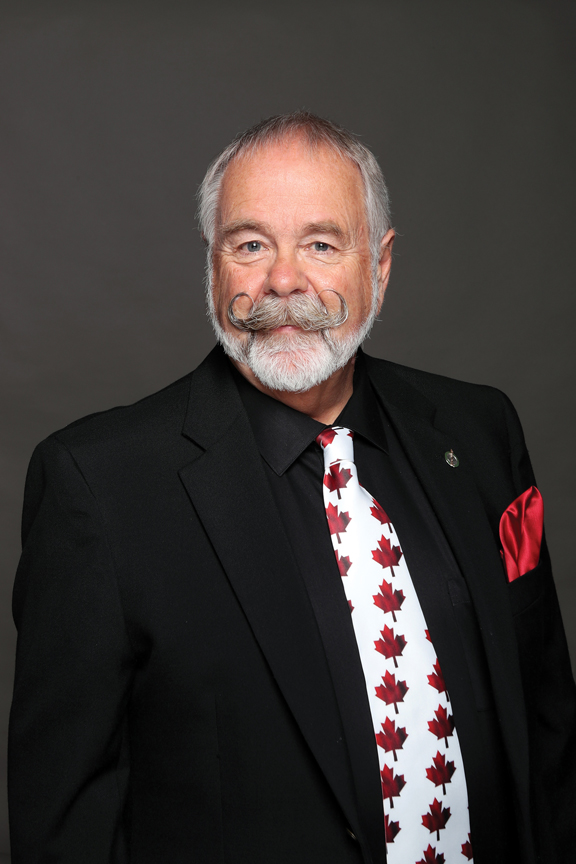Current Temperature
-13.8°C
Shields spars with MPs over housing crisis
Posted on May 11, 2023 by Vauxhall Advance Martin Shields
Martin ShieldsBy Ian Croft
Local Journalism Initiative Reporter
Following MP for Bow River Martin Shields’ monologue about the housing crisis in Canada in the House of Commons on May 2, MP Chad Collins of Hamilton East – Stoney Creek (Ont.) took the opportunity to talk about how the leader of the Conservative Party has constantly blamed municipalities for not helping out with housing issues.
“I do not know if the member opposite knows this, but his leader, today and for the last number of months, has been blaming municipalities, small town mayors and big city mayors,” said Collins. “He has been critical of mayors and councillors across the country for not doing their part as it relates to assisting with the affordable housing supply, and the housing supply in general. Our government, as members know, has taken a more collaborative approach, working with municipalities to provide support in building supply. I wonder, as a (former) small town mayor, whether he feels that a more collaborative approach is better than the one that his leader is taking, which is to demonize municipalities that are, in large part, trying to help all levels of government with the challenges we face.”
Shields rose in the House to respond to Collins.
“One thing municipal people know is that the red tape that comes from both levels of government above them, provincial and federal, is huge,” said Shields. “That is the red tape we are talking about. That is what we need to free up so that municipalities can get done what they need to do. They can do it, as in the example I mentioned before. We need to get that done. If we can get rid of the red tape, it will free those people up. Major cities, for example, have staff getting projects shovel-ready in hopes that the federal government will put something out they can apply for. What a waste of resources that is, but it is because of the bureaucracy of the federal government.”
MP Denis Trudel of Longueuil – Saint-Hubert (QC) was the next to ask Shields a question.
“The Conservative motion accuses cities of being gatekeepers that are blocking construction. It is absolutely ridiculous,” said Trudel. “Part of the collateral damage of the federal government’s withdrawal from housing in 1993 is that we have seen the emergence of something called the ‘financialization’ of housing, in other words, big national or international conglomerates owning large apartment buildings. This is problematic. According to one study, in 1996, just a few years after the federal government withdrew from housing, the rate was zero per cent. The ownership of large apartment buildings by big corporations did not exist. As we know, these groups are not interested in the right to housing. They are only interested in making a profit. The same study noted that, by 2021, 22 per cent of the rental stock in Canada was owned by large groups. This poses a serious problem in terms of affordability and accessibility. Can my colleague suggest any solutions to this major housing problem in Canada?”
Shields responded to this question by presenting an idea of recycling government assets.
“I have one great solution,” said Shields. “Across the street from where I live is a 15-storey empty building that the federal government left years ago. If we put federal government buildings on the market, it would drive prices down since we would have more buildings on the market. This is instead of building National Defence headquarters out on Carling Avenue, where there is no rapid transit, and leaving empty buildings in the core. That makes no sense.”
The last individual to address Shields was MP Taylor Bachrach of Skeena – Bulkley Valley (BC).
“The member for Bow River talked a lot about working in partnership with municipalities, yet I think many municipal partners would be quite shocked that their infrastructure funding would be clawed back by this Conservative motion,” said Bachrach. “Has the Conservative Party consulted with the Federation of Canadian Municipalities or any of the provincial associations? If so, what was their response to this policy proposal?”
Shield responded simply by stating, “I used to be the vice-president of AUMA. We worked with them all. Partnerships work and we would do that.”
Leave a Reply
You must be logged in to post a comment.

 Log In
Log In